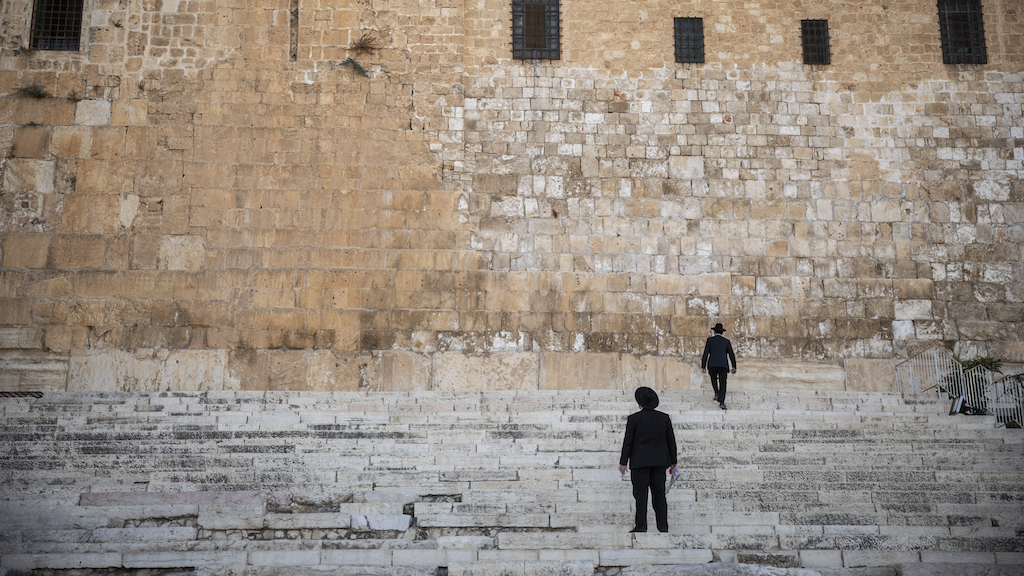A Day of Fasting and Commemoration
Tisha B’Av is a day of fasting and commemoration, and is commemorated on the ninth of the Jewish month of Av. This year it will be on 18 July, starting the evening before. A lot of sad moments in Jewish history will be commemorated.
In 587 BC, the Babylonian king Nebuchadnezzar besieged the city of Jerusalem for almost two years. The famine became severe, and many inhabitants tried to escape. They were captured and killed or taken into exile to Babylon on the 9th of Av. The city and the holy Temple were entirely destroyed. We can read about this sad event in 2 Kings 25 and Jeremiah 52. In the book of Lamentation, the Jewish people lament and weep about this profound loss.
Seventy years later, the Persian king Cyrus allowed Jews to return to Jerusalem and rebuild the city and the Temple. A time of joy and new hope for the Jewish people. In the year 70 AD, the Romans besieged the city resulting in another period of severe famine. Over a million Jews died of hunger or were brutally slaughtered by the Romans. This tragedy took place on that very 9th of Av. One hundred thousand young men and women were sold as slaves. And again, the city and the holy Temple were burnt down and destroyed. The beginning of 2000 years of the diaspora of the Jewish people. Today you can visit the museum ‘Burnt House’ in the old city of Jerusalem and see the remnants of the burnt houses.
In 135 AD, a Jewish revolt led by Bar Kochba tried to chase off the Romans, but unfortunately, this ended in a bloodbath again on the 9th of Av. The Roman emperor Hadrian changed the name of Judea in Palestine in order to wipe out any memory of Israel and Jews.
Every year on this same day, Jews worldwide sit down, read the book of Lamentations and commemorate these tragic events, of which the destruction of the temple is the culmination.
One might assume that we as Christians are not involved in this, but unfortunately, this is not true. When the Roman Empire fell in the 4th century AD, the Christian Byzantines came to power in the holy land. They believed that God eternally condemned the Jews for killing Jesus. Only on the 9th of Av the Byzantines allowed Jews to enter the city of Jerusalem to commemorate the destruction of the Temple in return for payment.
And as if this were not enough: in 1492 AD, the Spanish king and Christian Ferdinand van Aragon issued the ‘Edict of Expulsion’. Spain was to become a purely Christian country. Jews had to choose between conversion and baptism or expulsion from the land in four months. Over 100,000 Jews had to leave Spain and lost almost all their properties. The last Jew left Spain on the 9th of Av. Also, the famous Jewish scholar and rabbi Abarbanel left the country and lost his fortune.
So it is important for us as Christians to be aware of our own history and to express our compassion to the Jewish people on Tisha B’Av.
On this very day, the Jewish people are also looking hopefully forward. Once in the future, the Messiah will come and rebuild the Temple. Zechariah says: “Shout for joy and rejoice, daughter of Zion; for behold I am coming and I will dwell in your midst,” declares the Lord (…) And the Lord will possess Judah as His portion in the holy land, and will again choose Jerusalem’ (Zechariah 2: 10-12).





